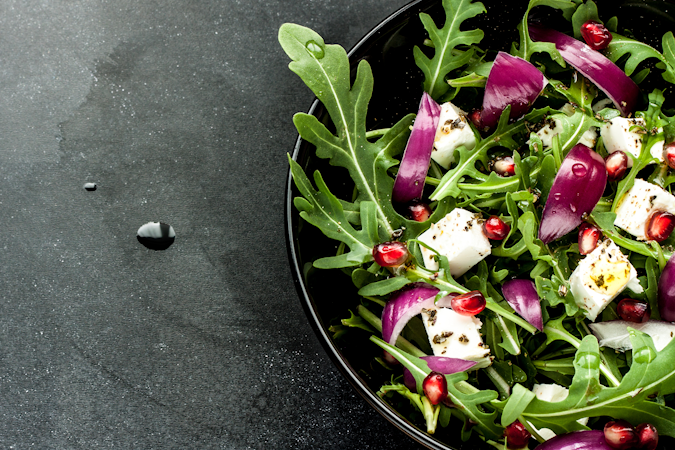Efforts by the Scottish Government to develop new strategies to improve the Scottish diet out of home (OOH) are being supported by the SLTA.
SLTA president Marshall Bain, who attended a roundtable meeting with representatives from different parts of the food and drink industry at St Andrew’s House in Edinburgh earlier this month, said it was important to “be part of the conversation”.
“With so many of our members serving food now we need to be involved in this debate,” he said. “The Scottish Government is very, very serious about this and because SLTA members are at the sharp end we are ideally placed to contribute to the debate.”
Portion control has been highlighted as a key area of concern in the fight to tackle obesity and a recent report by Food Standards Scotland (FSS) looked at the out of home food and drink market in Scotland, including an assessment of how this environment has changed since 2012, as well as food and drink most consumed and motivations when eating out.
The Scottish Health Survey 2016, providing information on the health, and factors relating to health, of adults and children in Scotland, was also released earlier this month.
Its findings revealed that around two-thirds (65%) of adults in Scotland were overweight, including 29% who were obese. These levels have been relatively stable since 2008.
Seventy per cent of children were a healthy weight in 2016 which is in line with figures since 1998 which have fluctuated between 65% and 72%. There was a reduction in prevalence of the risk of obesity in children from 17% in 2014 to 14% in 2016.
Public Health Minister Aileen Campbell said in August that there is no “quick fix” to the problem of obesity: “We have worked hard to tackle Scotland’s obesity problem.
“While we have seen improvements, there is not a quick fix and it’s important we take the time to get our approach right. That is why we will consult on our new Diet and Obesity Strategy this autumn.”
Marshall Bain added: “We agree that outlets should be looking to use healthier and nutritious ingredients but we also have to be mindful of the practicalities – it would be very difficult for outlets to list ingredients, nutritional information and number of calories on menus.
“The Scottish diet should be improved but educating the public on what they should and shouldn’t eat is not the job of the licensed trade although we are committed to working with the industry and other partners to help find solutions.”
The SLTA has a strategy of working in partnership with other groups to achieve successful outcomes.
A recent high-profile example is its work with the Scottish Tourism Alliance (STA) and the British Hospitality Association (BHA) on the rates issue which saw the coalition campaign heavily for a review of the business rates revaluation methodology as it applies to hospitality and licensed business.
Ambitious plans to improve Scotland’s diet are due to be set out by Public Health Minister Aileen Campbell this week.

